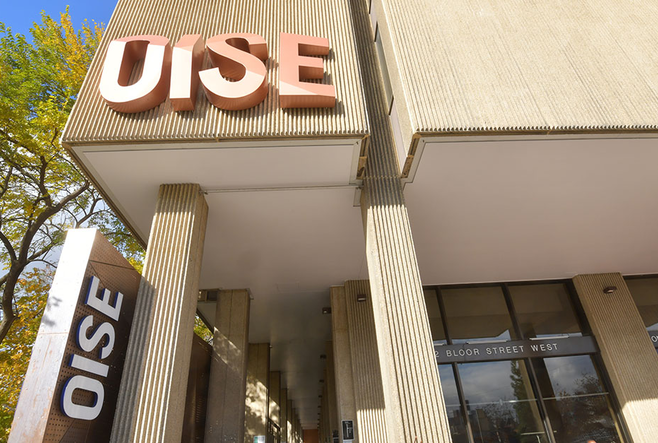Excerpt: "To continue to make early learning and child care accessible, affordable, and inclusive for all families, in 2023-24 EECD will: Continue to take steps to implement the Canada – Nova Scotia Canada-Wide Early Learning and Child Care Agreement by developing a 2023-2026 Action Plan and outlining the approach to move toward a $10 a day on average child care by 2025-2026; Develop a space expansion strategy to inform the next stage of growth within the sector; Evaluate and expand the Quality Matters initiative, with a plan for full rollout across the sector, including family home child care and before-and-after care, by 2025-2026; Release the revised Early Learning Curriculum Framework and Educators’ Guide in English and French in fall 2023; Continue to develop and transition to a certification model for Early Childhood Educators (ECEs); Fully roll-out the Advanced Practitioners’ Program; a post-diploma certificate program to advance ECE knowledge and competence in a specialized area of practice, such as infants and toddlers, young children, outdoor play, or pedagogical leadership; Extend professional development opportunities currently being provided through EECD and support sites to family home child care providers; Launch the first in-person French-language ECE diploma program through Université Sainte Anne; Work with the sector to establish a standardized level of health benefits and retirement benefits for ECEs in 2023."












